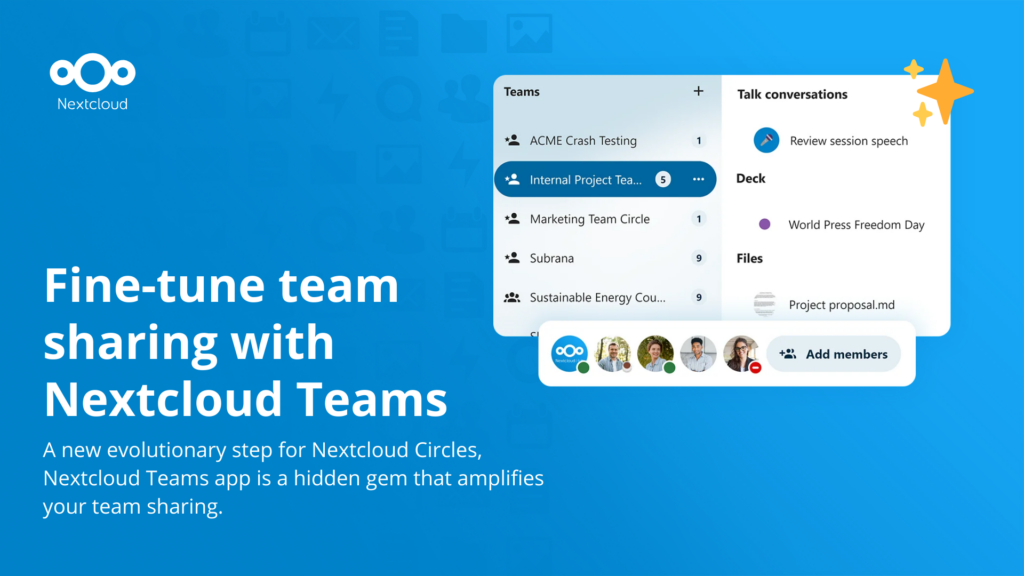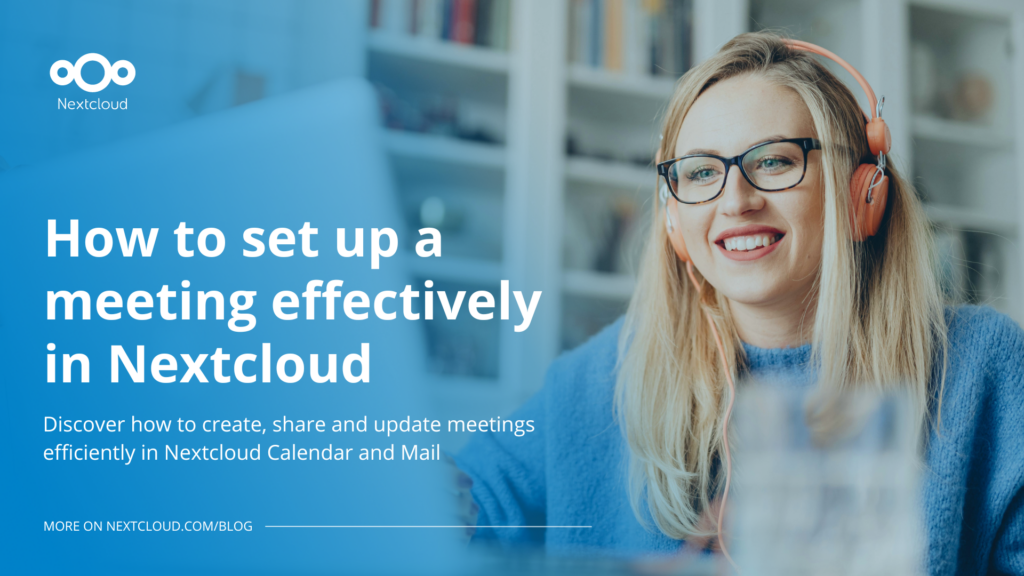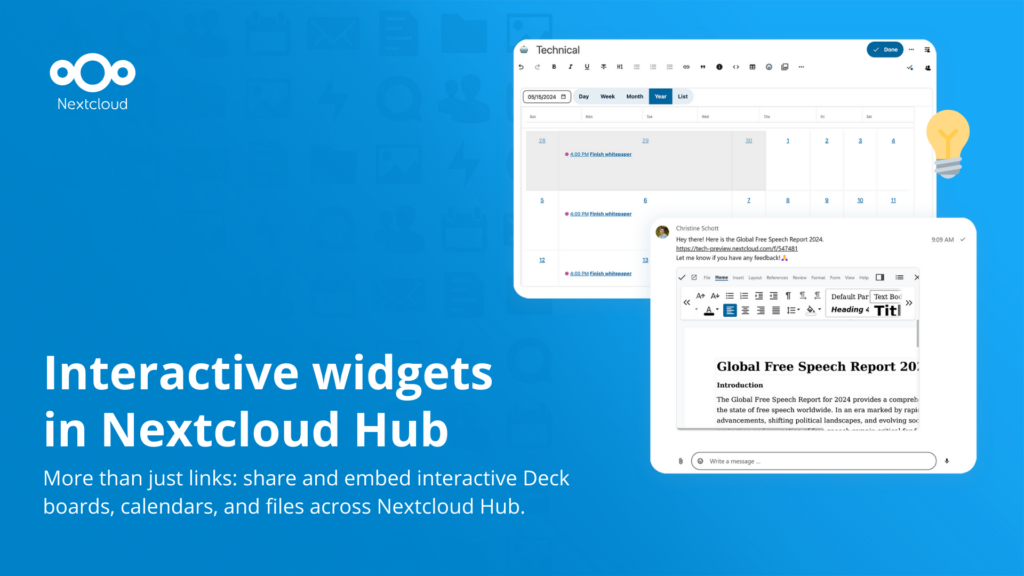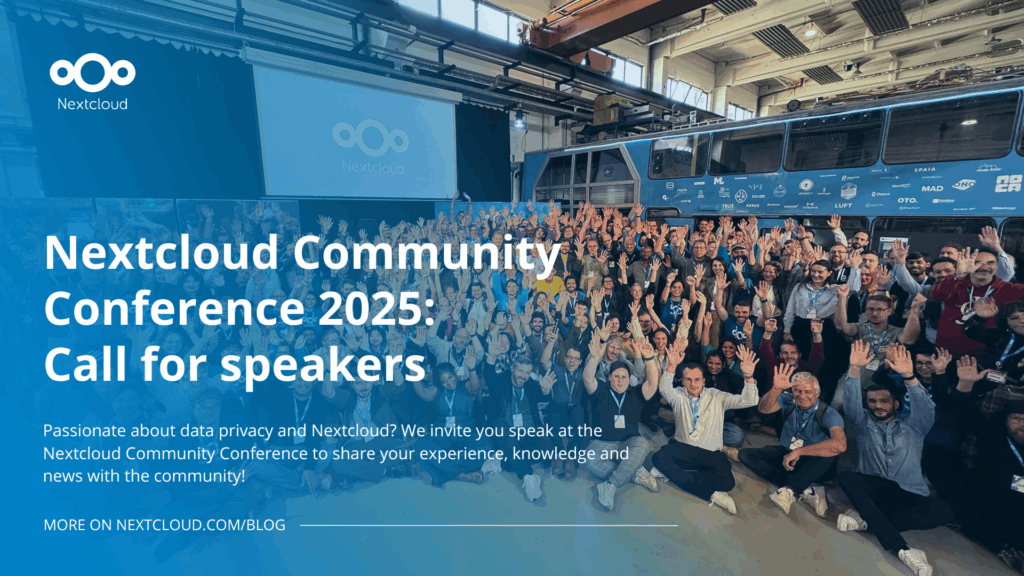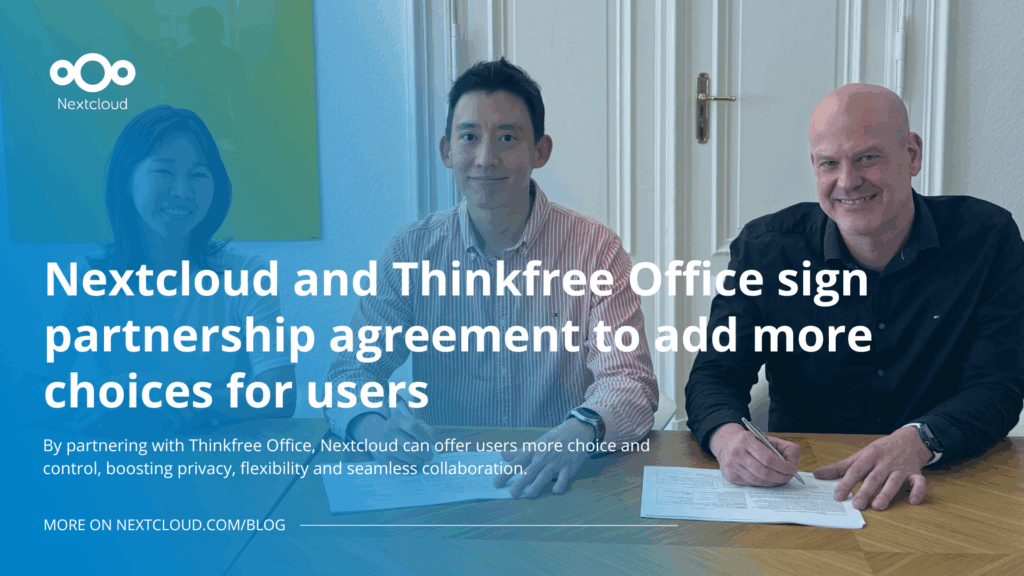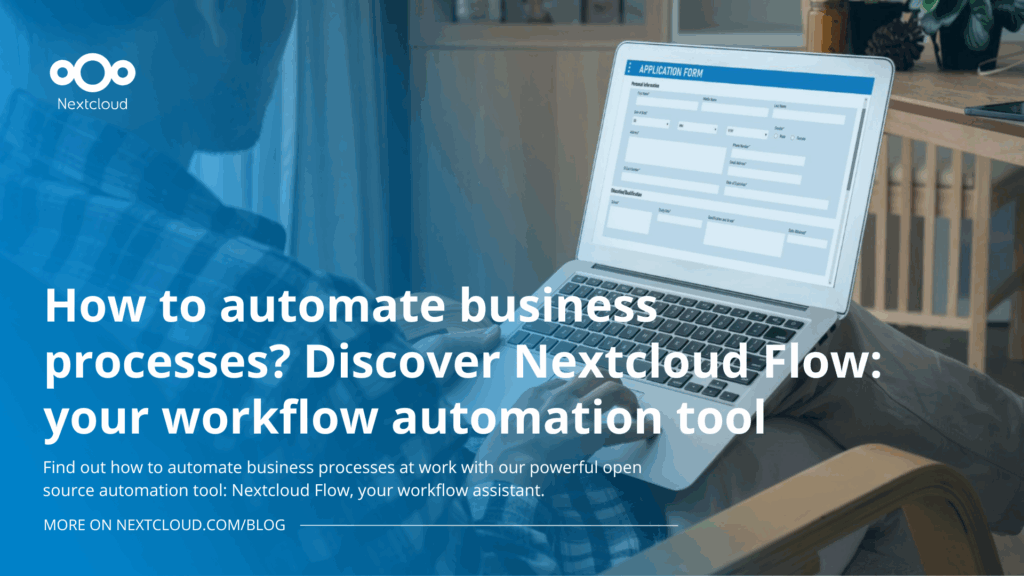How federated chat works in Nextcloud Talk
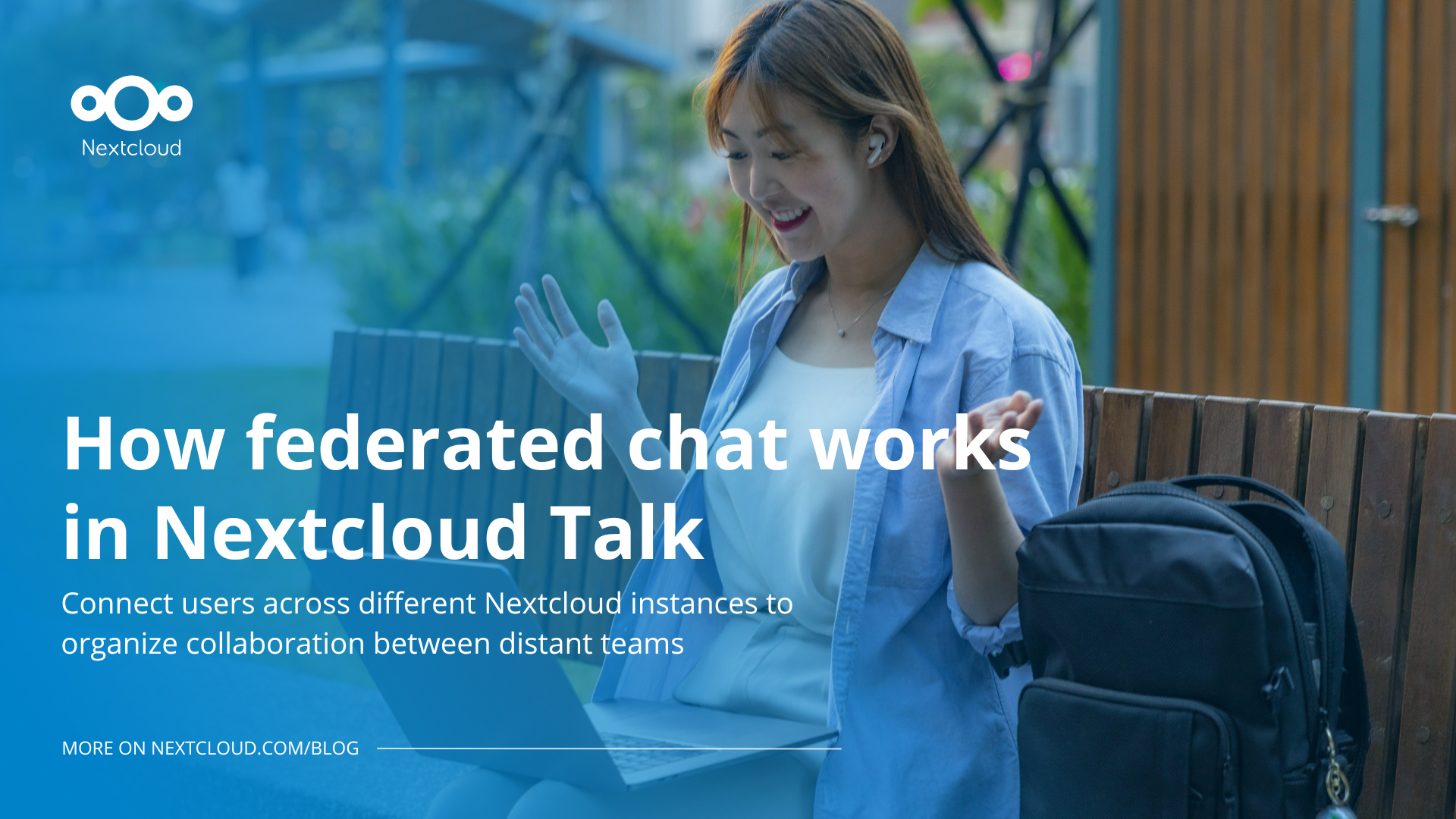
With the release of Nextcloud Hub 8, Nextcloud Talk enables federated chats, extending the range of cross-instance features available in Nextcloud Hub. In this article, learn how to connect users across different Nextcloud instances to organize collaboration between distant teams.
Nextcloud Talk is a chat and videoconferencing platform that enhances the flexibility of your daily work. With app integrations available through Smart Picker, supported interactive widgets from multiple Nextcloud Hub apps, AI-powered features, and more, Nextcloud Talk enables rich communication while prioritizing your privacy. Federated chatting adds even more flexibility, providing an additional bridge between Nextcloud instances for faster and safer communication.
What is federated chat
The federated chat feature is ased on the Open Cloud Mesh (OCM) open standard developed at CERN with the help of Nextcloud and other open source projects. Similar to federated sharing, it uses federated user IDs to enable cross-instance data exchange. To understand how federation works in Nextcloud, you can watch our recent webinar.
The federated chat feature lets you create group chats between the users from federated Nextcloud Talk instances to enable written chat communication among the teams. Although video calls are not supported at the moment, plenty of features are available in federated chats, including user mentions, markdown commands to format message texts, chat polls, and more.
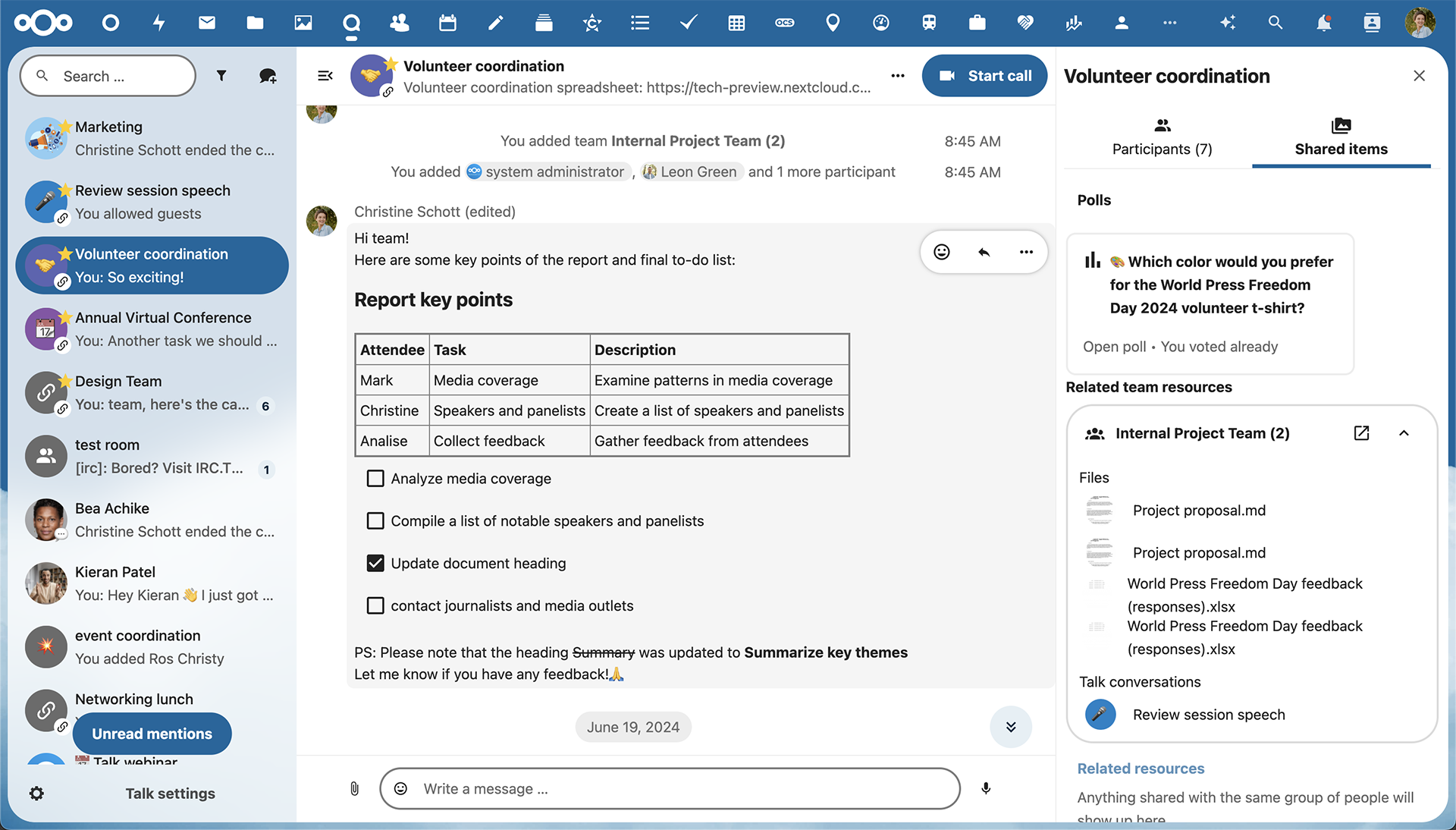
Federated chats can bring customers, partners or colleagues from their instance to your own for easier communication, ensuring that you maintain maximum privacy and keep the data within your perimeter. It is ideal for temporary projects and shared tasks, complimenting other federated features in Nextcloud like file sharing and federated user groups created via Nextcloud Teams.
Note:
Federated chats have several limitations. For instance, you cannot appoint federated users as moderators, send attachments, or make video calls.
How to create a federated chat
To create a group chat with federated users, you need to obtain their Federated Cloud IDs. The Federated Cloud ID consists of a user name and an instance address and looks like person@cloud.example.com. You can retrieve it in Settings > Sharing > Federated Cloud.
To add a federated user to a chat, simply put their Federated Cloud ID in the search field of the Participants tab of your chat. Click add, and user will receive an invitation to the chat via notification.
Other updates in Nextcloud Talk
Other updates in Nextcloud Talk released with Nextcloud Hub 8 include:
- Message editing
- Draggable speaker video
- Improved call UI
- Flavored markdown support
- Unified Search in individual Talk room
- Accepting individual users when the lobby is enabled
- Caching unsent messages in the browser
- Improved highlight for “Stop screenshare”
Regain control over your time with Nextcloud Hub 8
Federated chatting is one of the most noteworthy features in the new Nextcloud Talk. Nextcloud Hub 8 offers even more updates that help you work even more efficiently and comfortably, saving a lot of time for you. From new AI tools in Nextcloud Assistant to new apps and serious performance improvements throughout the platform, there are many reasons to upgrade to the latest Nextcloud Hub.
New to Nextcloud? There’s no better time to try it out! Get control over your data today with the most secure open-source collaboration platform.
More articles about Nextcloud Hub 8 features
Watch our webinar on Nextcloud federation
Watch back the webinar «Cross-organizational collaboration with Nextcloud federation» with Bastian Derigs to learn more about federated features in Nextcloud.
Watch







